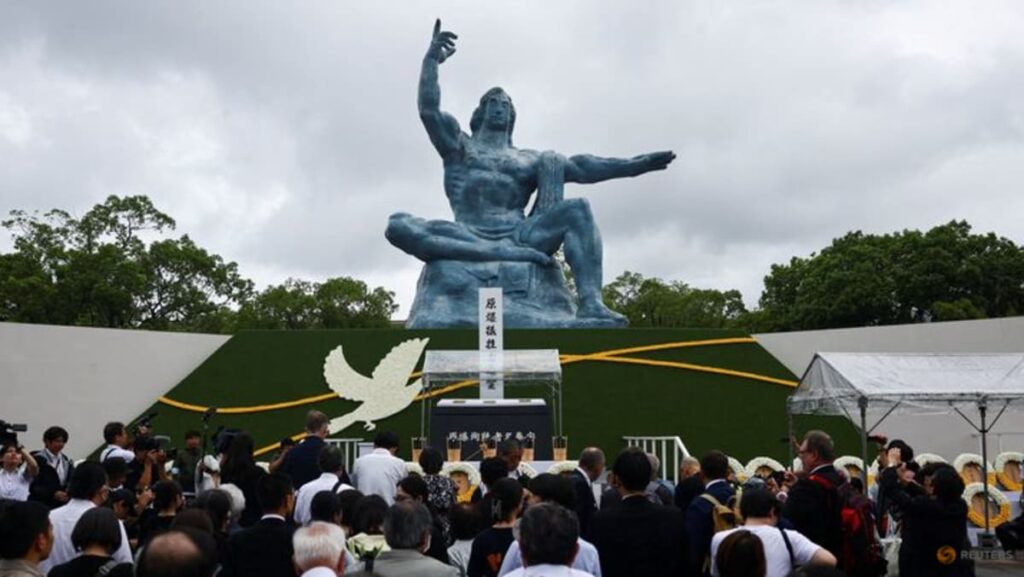THE COSTS WOULD FAR EXCEED POTENTIAL BENEFITS
Recent polling confirms majority opposition to nuclear armament among the Japanese public, with over 70 per cent of respondents surveyed earlier this year supporting Japan’s ratification of the TPNW.
Besides domestic opposition, pursuing nuclear weapons would create severe international consequences. China would view Japanese nuclearisation as a major provocation, likely transforming the already strained relationship between the countries into outright hostility. North Korea would almost certainly respond with increased military provocations, potentially creating a dangerous escalation cycle that could push South Korea toward its own nuclear programme. Rising regional tensions could also destabilise the Taiwan situation and lead the region closer to conflict.
The US would also be placed in a precarious position, with the fate of its approximately 60,000 military personnel in Japan called into question. The broader international community would likely impose swift economic sanctions, isolating Japan diplomatically and reducing it to pariah state status.
In short, Japan would be less safe, regional tensions would soar, and other countries could choose to follow Tokyo’s lead, to the further detriment of international peace and security.
Fortunately, Japan appears unlikely to pursue this path despite concerns about American alliance commitments. The memory of atomic devastation remains deeply embedded in Japanese society, and the government continues to officially oppose weapons of mass destruction. Earlier this month, Japan’s Prime Minister’s Office reaffirmed that the country “will not possess nuclear weapons”, has no intention of revising its Three Non-Nuclear Principles, and remains committed to “a world without nuclear weapons”.
The costs of nuclear armament would far exceed any potential benefits, and the risks could precipitate the very outcome Japan seeks to avoid: armed conflict. Japan’s path forward lies not in nuclear weapons, but in strengthening existing security partnerships while continuing to lead the global disarmament movement.
Gabriela Bernal is a North Korea analyst based in Seoul. This commentary first appeared on Lowy Institute’s blog The Interpreter.
Read the full article here

